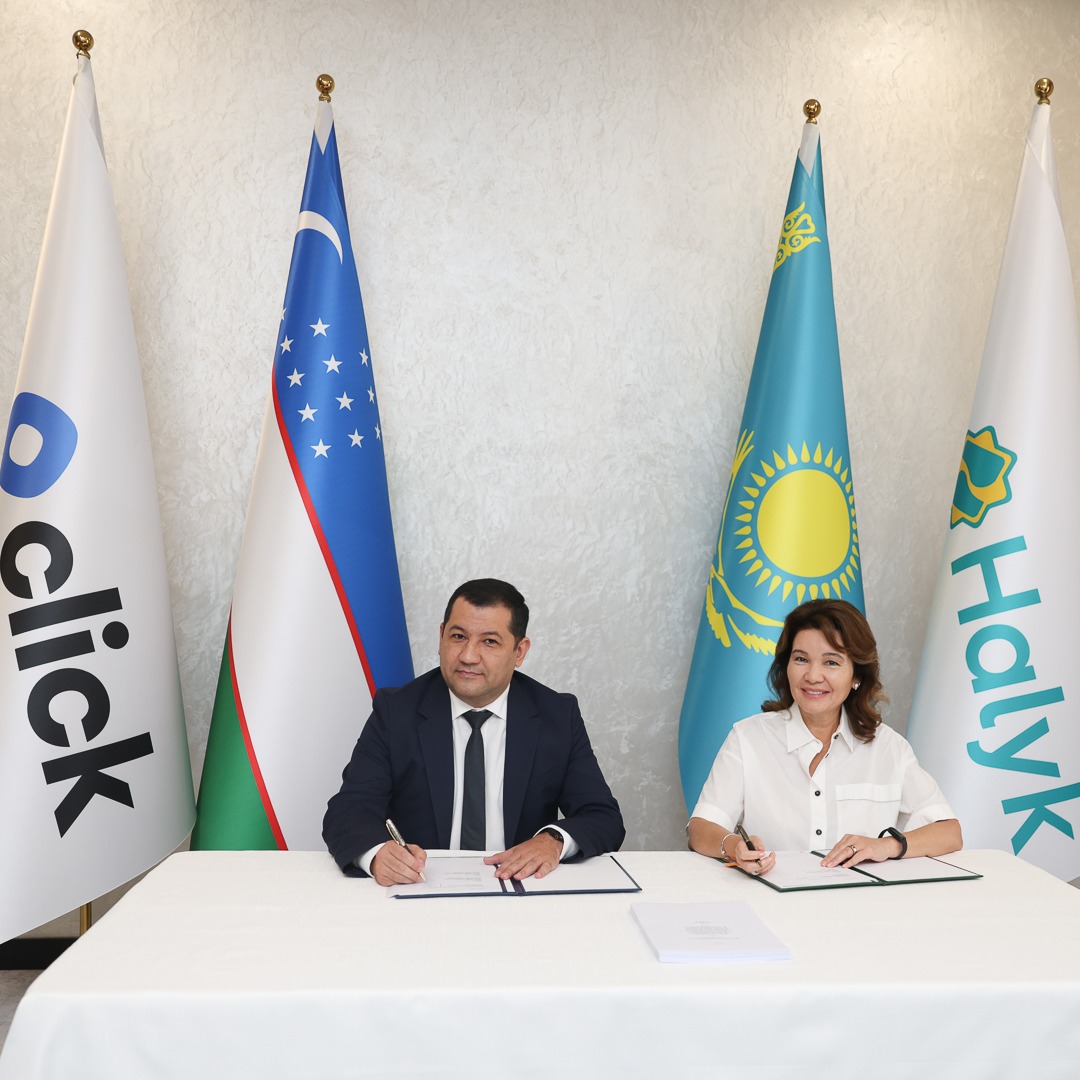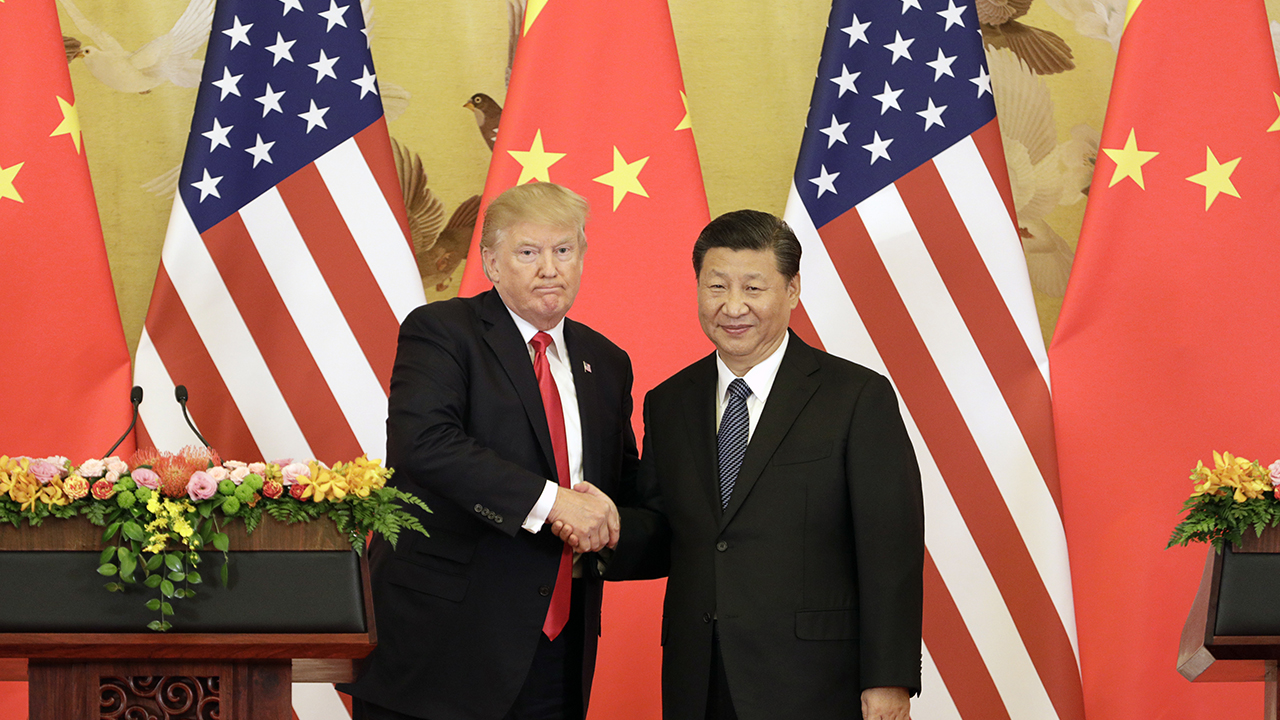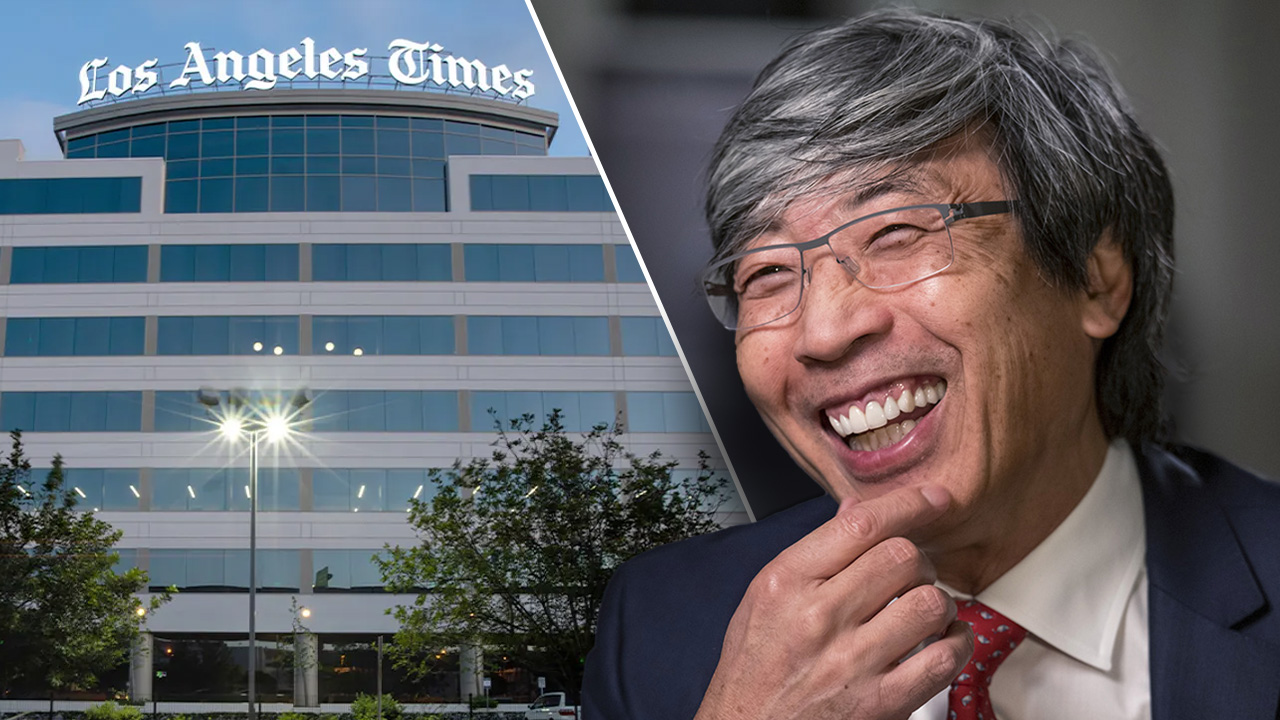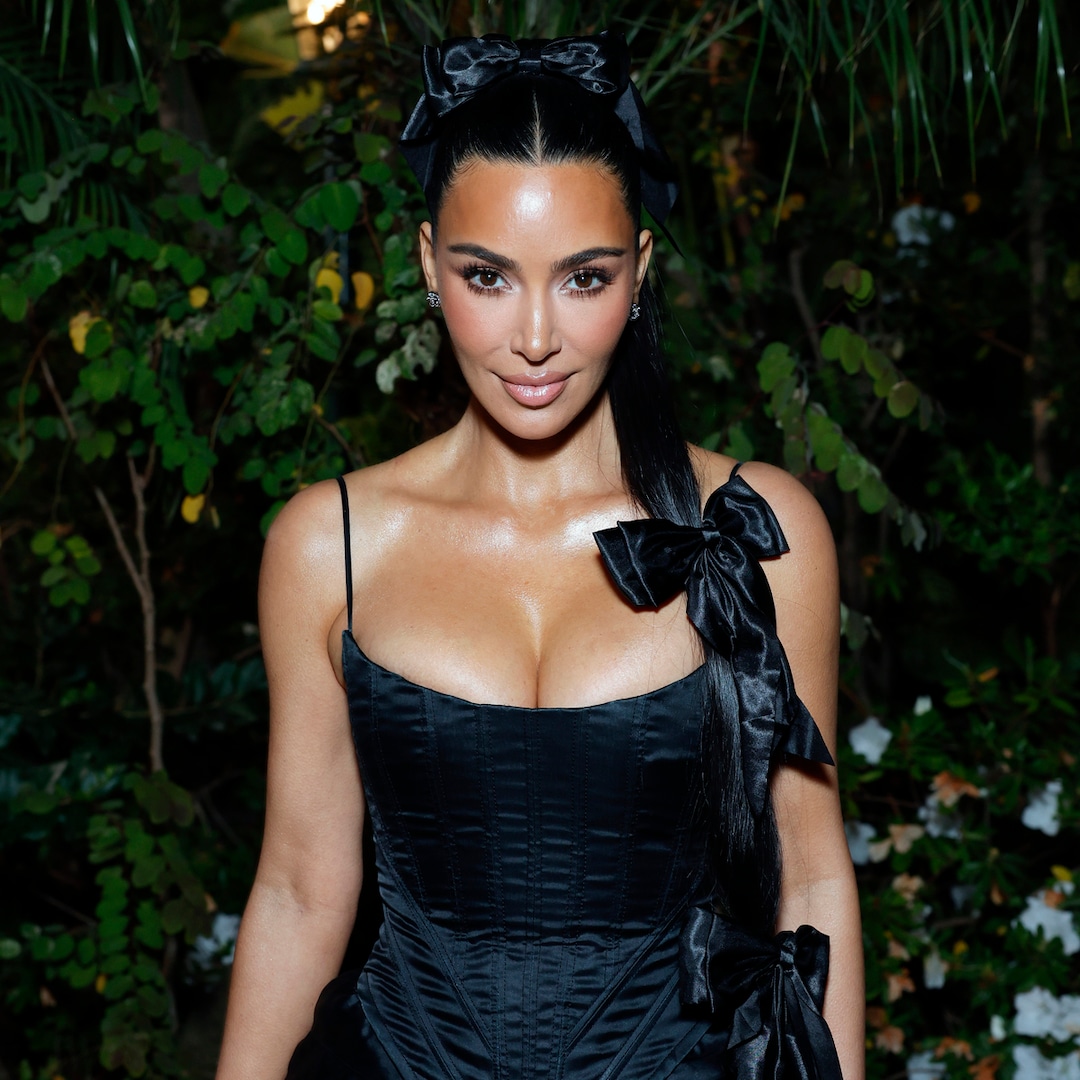Google is reportedly pursuing AI licensing deals with news publishers


Google is reportedly talking to publishers for AI licensing deals, as the relationship between media and AI industries grows contentious.
According to Bloomberg, Google is reportedly preparing to launch a "pilot project initially with about 20 national news outlets," where the participants would license their content for Google's AI tools. There isn't much detail beyond the initial report, but it sounds similar to the strategy that OpenAI has employed. Over the past few years, OpenAI has struck licensing deals with major publishers like Hearst, Condé Nast, Vox Media, The Atlantic, and News Corp. Perplexity is second in the number of deals brokered with publishers.
Amidst this backdrop, multiple publishers report that AI tools like ChatGPT, Google AI Overviews, and Google AI Mode have resulted in plummeting traffic. A report from the the Wall Street Journal recently described the situation as "AI Armageddon" for online news publishers, which it said were being "crushed" by Google's AI search tools. A recent article in The Economist was even more blunt. Over an illustration of a gravestone, the magazine wrote, "AI is killing the web."
Google already has an AI licensing partnership with The Associated Press to offer real-time news updates with its Gemini model. It also has a $60 million licensing deal with Reddit. But this reported pilot would be a notable expansion of this strategy. "We’ve said that we’re exploring and experimenting with new types of partnerships and product experiences, but we aren't sharing details about specific plans or conversations at this time," said a Google spokesperson.
Media companies face a difficult choice: Fight AI companies, or join them
The publishing world is divided on how to navigate the use of their content for training AI models. Bots from AI companies scrape every corner of the internet for valuable training data, which is fed to large language models (LLMs) to shape chatbot responses.
Some publishers and authors have accused companies of copyright infringement for using this content without permission or compensation. The New York Times is currently in the middle of a lawsuit with OpenAI and Microsoft for this very reason, one of many such lawsuits. (Mashable's parent company Ziff Davis is also suing OpenAI for copyright infringement.)
Other publishers have taken the opposite approach, agreeing to license their content, citing new ways for readers to discover their stories. Although the terms of licensing deals with OpenAI haven't been publicly disclosed, publisher Dotdash Meredith is reportedly receiving $16 million a year, while a report from The Information said some publishers are only receiving as little as $1 million a year.
Tech companies' claims that using scraped content is protected by the fair use legal doctrine remain undecided in the eyes of the law. Although Anthropic and Meta recently won cases against authors with the fair use argument, a pre-publication version of a highly anticipated AI report from the U.S. Copyright Office generally favored copyright holders with AI training. While courts deliberate over specific fair use cases, the growing AI licensing market is possibly a sign of acknowledgement that tech companies need to play nice with publishers in exchange for high-quality data.
Meanwhile, Google's introduction of AI-generated summaries and AI Mode continues to throttle outbound traffic, according to numerous accounts from publishers. Instead of clicking out to sites from Google search results, users are served information from Google's AI models on the search page. On a page of the Google AI site, the company says it is "engaging with the ecosystem to explore new types of partnership and value-exchange models."
As the generative AI boom upends the digital media landscape, Google could have a huge influence on the future of online publishing.
Disclosure: Ziff Davis, Mashable’s parent company, in April filed a lawsuit against OpenAI, alleging it infringed Ziff Davis copyrights in training and operating its AI systems.


















































.png?Expires=1838763821&Key-Pair-Id=K2ZIVPTIP2VGHC&Signature=IO0~CT3pU-TcxGc~yoZSmoQx23MZVuK-~4jSii~NKEblRmyO3el7NXPu~Rh1o23voASg7hlcHLw4kvQuDK1jssEhcjoNBBvEpZ~GGOAU6yosBhpHpeF179F~h7i6VxmsBNh9gtTutkoqY73O2YCFey~IAqSzKbBqETP1kP9cAg1916Z1YkJJs-5MliMrkZ5d7-mWGLbpHp2wGj2VlMph8XzYlL4~y1O7fB~JdIS~Rs4RMRs2x0WT1qUIpHAsf3GdwtOyAmKFSpIg8xCyNGZZ5h~13nXlmpd7uPvW8tBfttpG9pFTqcway-uch5WyfHOEfi7UlJCOWrr6fCYY5PMgSg__)







